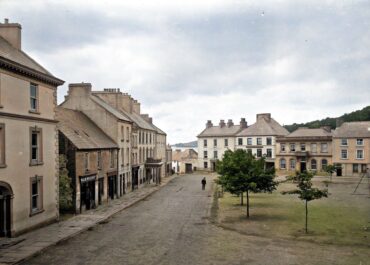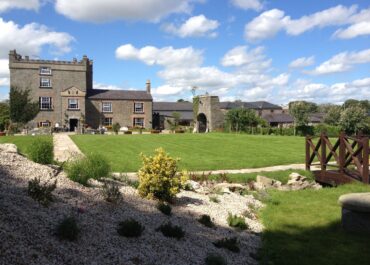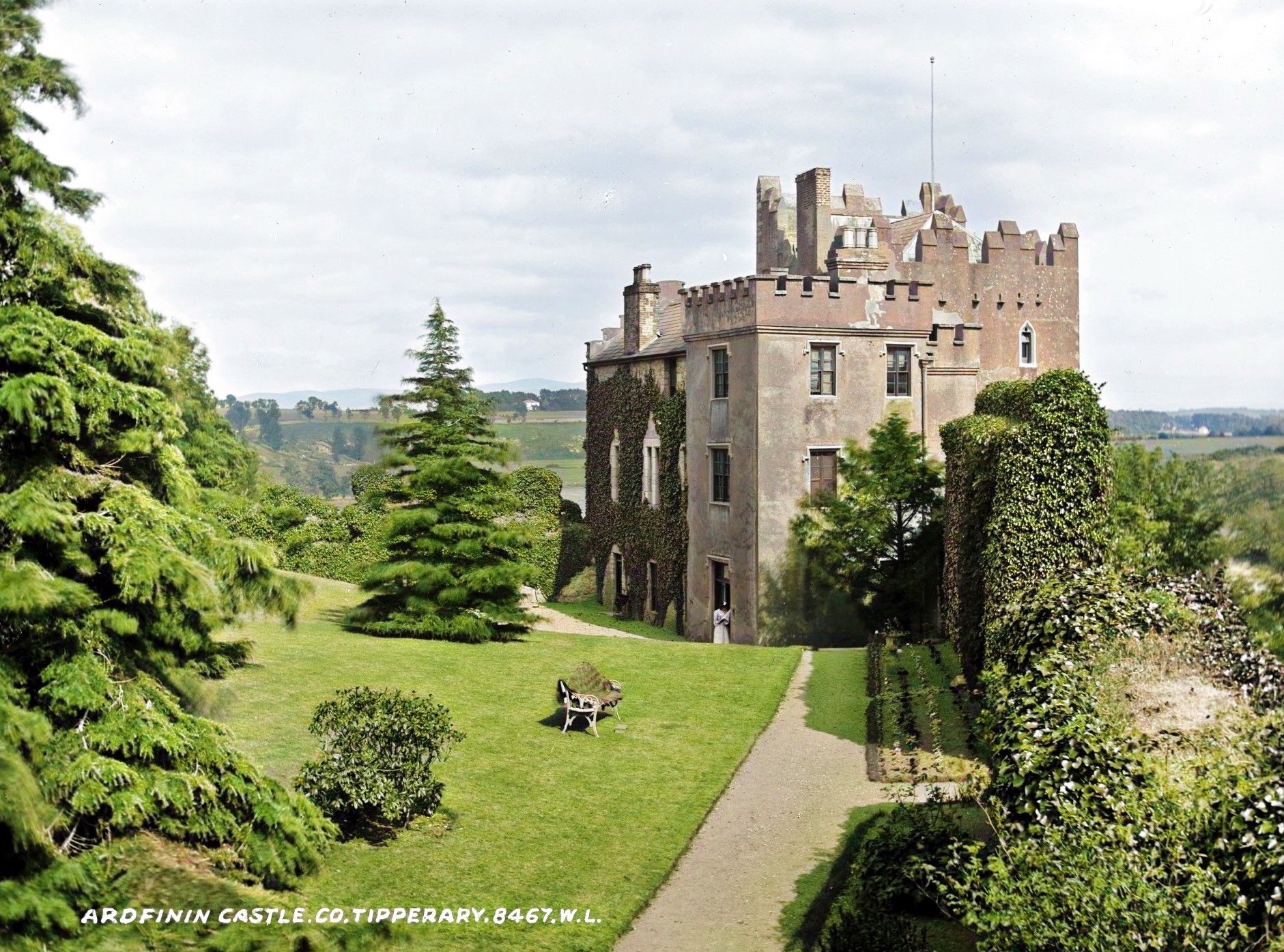Carrigadoon, Dunbarry, Co. Cork
Perched on a prominent rock outcrop near the base of a cliff, roughly 5.4 kilometres southeast of Liscarroll, lies an intriguing archaeological site that hints at medieval fortification.
Carrigadoon, Dunbarry, Co. Cork
The outcrop itself rises about 8 metres high and spans approximately 30 metres in diameter, whilst immediately to its south sits a level plateau measuring 30 metres north to south and 35 metres east to west. This distinctive arrangement, with the ground dropping away sharply to the southwest, south and southeast of the plateau, bears all the hallmarks of a motte and bailey castle; a type of fortification commonly built by the Anglo-Normans following their arrival in Ireland during the 12th century.
The most tangible evidence of past construction can be found atop the western side of the outcrop, where the lower courses of what appears to be a stone structure remain partially visible despite centuries of weathering. The northwest corner of this building still stands, with its north wall surviving to a height of 0.45 metres and stretching for 7.5 metres, whilst the west wall reaches 0.6 metres high and extends for 9.55 metres. Both walls measure an impressive 1.36 to 1.38 metres thick, suggesting this was once a substantial defensive structure, possibly a keep or tower house that would have commanded impressive views across the surrounding countryside.
Today, nature has largely reclaimed the site, with briars, ivy and bushes obscuring much of the outcrop’s summit, making it difficult to fully appreciate the extent of the medieval remains. The combination of natural defensive features provided by the rocky outcrop and cliff face, along with the surviving stone foundations, paints a picture of a strategically positioned fortification that would have controlled this part of north Cork during the medieval period. Its location at Carrigadoon, Dunbarry, places it within the broader network of Anglo-Norman settlements that transformed the Irish landscape in the centuries following their arrival.




